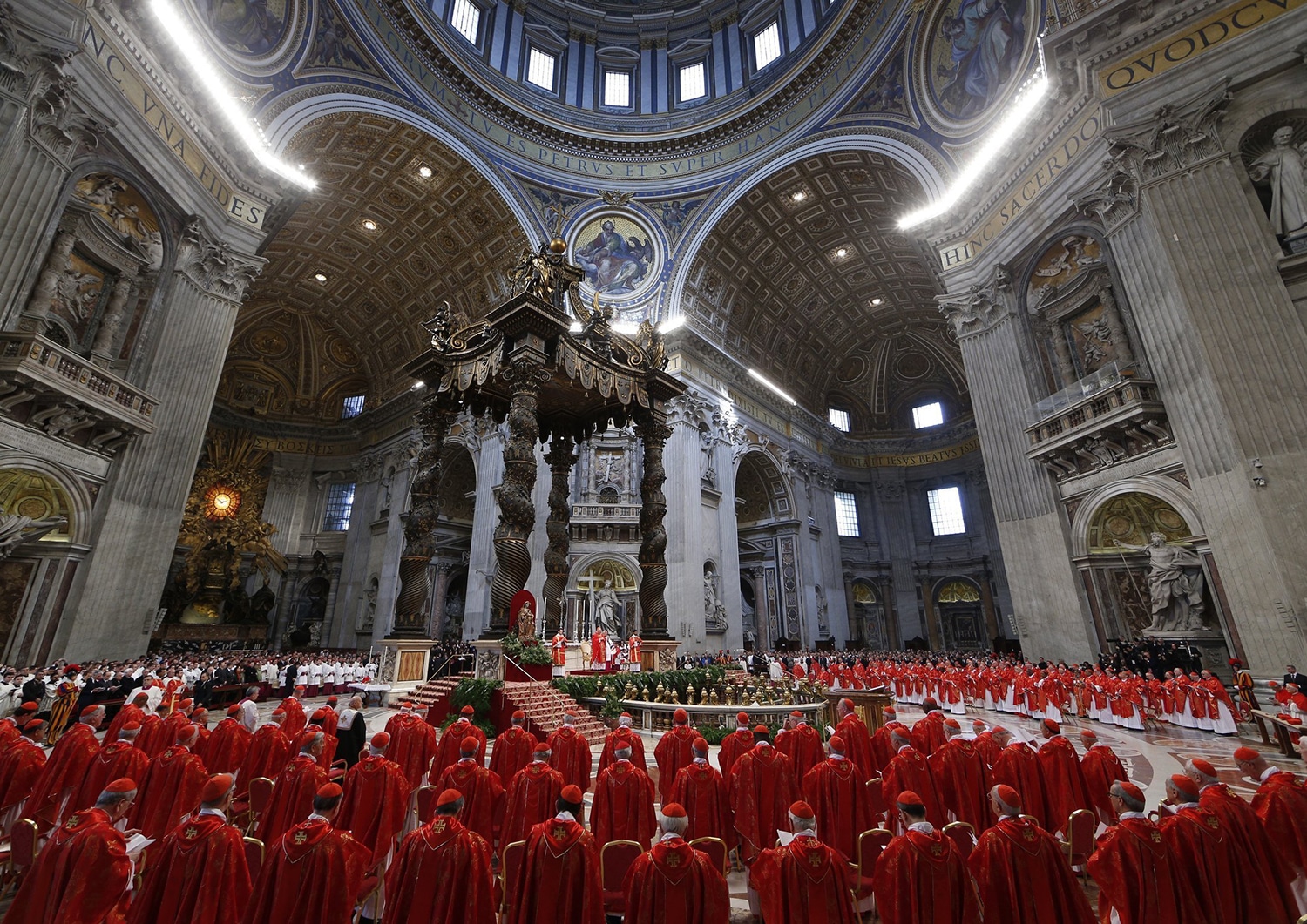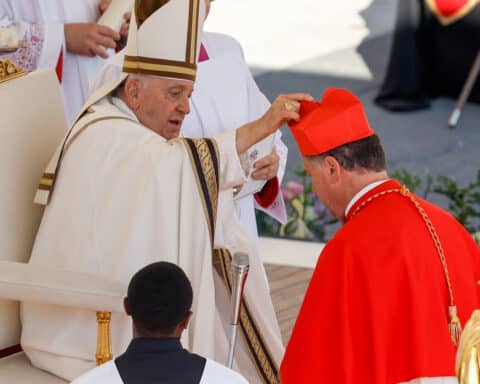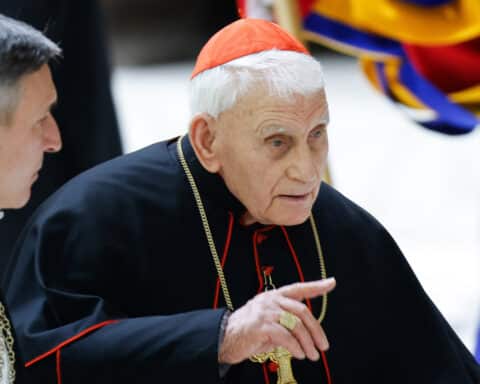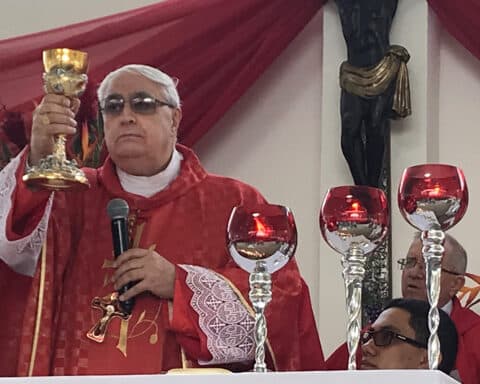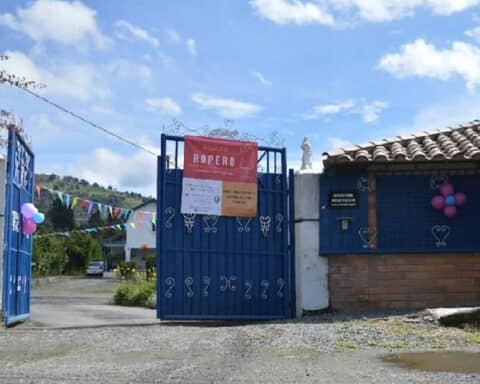VATICAN CITY (CNS) — Colombian Cardinal Pedro Rubiano Sáenz of Bogotá, a leader in the move to promote peace and reconciliation in his homeland, died April 15 at the age 91.
His death leaves the College of Cardinals with 237 members, of whom 128 are under the age of 80 and eligible to vote in a conclave.
Passing of Cardinal Rubiano
In a statement released on April 15, the Colombian bishops’ conference highlighted the cardinal’s legacy as the founder of Colombia’s National Conciliation Commission, which was created to gather political, social, cultural and religious leaders to seek solutions to the country’s armed conflict. He also served three terms as president of the Colombian bishops’ conference, was president of the economic committee of the Latin American bishops’ council and established the food bank of Bogotá.
As archbishop, Cardinal Rubiano pushed for the creation of three new dioceses in Bogotá, which St. John Paul II instituted in 2003, and installed the first permanent deacons in his archdiocese.
Legacy and contributions
In a video message posted on the website of the Colombian bishops’ conference, Cardinal Luis José Rueda of Bogotá remembered his predecessor as “a servant of the country” who, “in moments of difficulty, always prayed for Colombia and the Church.”
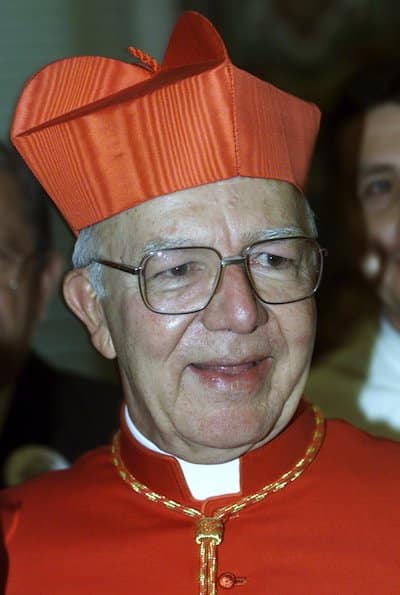
Born in Cartago in 1932, he studied theology at Laval University in Québec and was ordained a priest in 1956. He was named bishop of Cúcuta, Colombia, in 1971 and archbishop of Cali in 1985. In 1994, he became Archbishop of Bogotá and primate of Colombia, a role he served in until his retirement in 2010. St. John Paul II made him a cardinal in 2001, and he voted in the 2005 conclave that elected Pope Benedict XVI, but he was over 80 and, therefore, ineligible to vote in the 2013 conclave.

